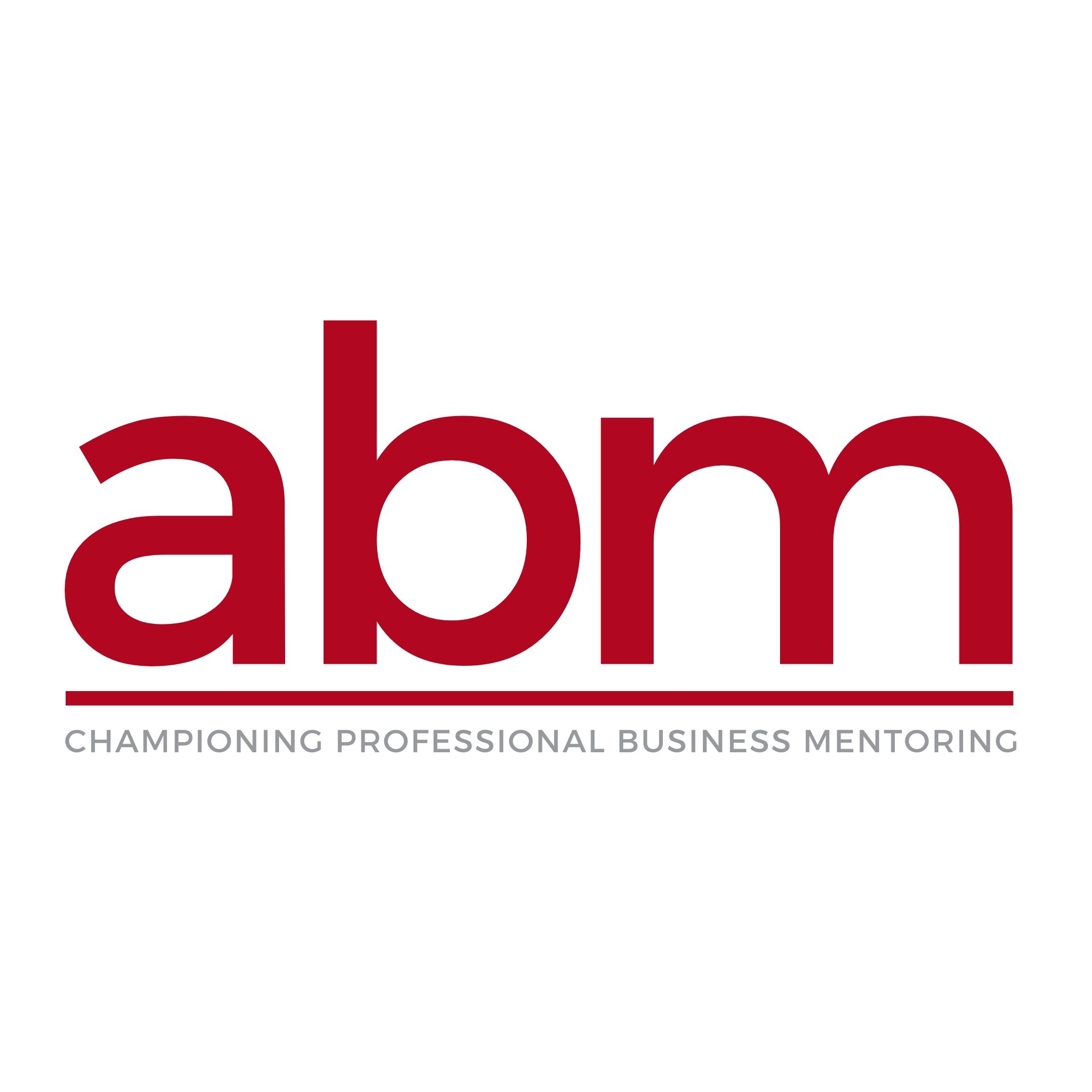Why you shouldn’t use day rates
As a small business owner or freelancer, determining how to price your services can be very challenging. While charging by the hour might seem like a straightforward solution, it often leads to your work being undervalued or incorrectly compared resulting in poor margins or income stability.
When I started out, I secured a new client but they wouldn’t pay my day rate because it was higher than what they charged themselves and they couldn’t justify it.
I also had different day rates for different services, but often clients recommending me only mentioned certain rates and it caused big issues because they didn’t understand.
When I was charging £750 per day, I had a prospective client choose to go elsewhere – with a £500 per day option. They came back to me a year later because it was taking him three days to do what I could do in two!
Here are the primary reasons why you should reconsider using day rates:
Inconsistent income: day rates can lead to fluctuating earnings. Different projects vary in complexity, and some may require more time than anticipated. When you’re paid a flat day rate, you might end up working extra hours without additional compensation, which can lead to burnout and financial unpredictability. This inconsistency makes it hard to budget and plan for the future.
Undervalued expertise: day rates often fail to capture the true value of your expertise and experience. When clients see a flat rate, they might undervalue the quality and impact of your work. Your pricing should reflect the skills, knowledge, and unique insights you bring to the table (the value or ROI you deliver), not just the time spent on a task.
Scope creep: charging by the day can lead to scope creep, where clients expect more work within the agreed timeframe without additional pay. This can erode your effective hourly rate and lead to longer working hours without corresponding compensation, ultimately reducing your job satisfaction and productivity.
Administrative burden: managing day rates involves constant time tracking and justification of the days worked. This administrative burden diverts your attention from delivering high-quality work, potentially affecting your overall productivity and client satisfaction.
I am sure you have all heard the story of the engineer who tapped the machine with the hammer and charged £1,050. £50 for his time and £1,000 for knowing where to hit the machine to get it working.
It’s the same for you. Value the experience you offer, rather than the time you spend.
What to do instead.
Consider adopting project-based or value-based pricing models rather than day rates. Project-based pricing involves charging a fixed fee for the entire project based on the agreed scope and deliverables. This method ensures you are compensated fairly, regardless of the time required, allowing you to manage your workload more effectively.
Value-based pricing focuses on the value your work provides to the client. By understanding and emphasising the impact of your work on their business, you can price your services based on the outcomes rather than the time spent. This approach positions you as a strategic partner in their success, often leading to higher rates and stronger client relationships.
Shifting away from day rates to project-based or value-based pricing not only ensures a more stable income but also better reflects your expertise and fosters healthier, more productive client interactions.
If a prospective client insists on trying to calculate your effective hour or day rates, they probably are not the right type of long term client if they refuse to buy on value.
A key part of your marketing strategy is educating your existing and prospective clients why they should pay what you charge. If they don’t see the value then your marketing and brand are not doing their job.
Have you moved to value based pricing and never looked back?
Are you still charging by the hour/ day and what problems does it cause?
You can ascertain the full value you can deliver if you ask the right questions and listen to what is being said.
If you are still charging this way, it’s time to consider a change.


